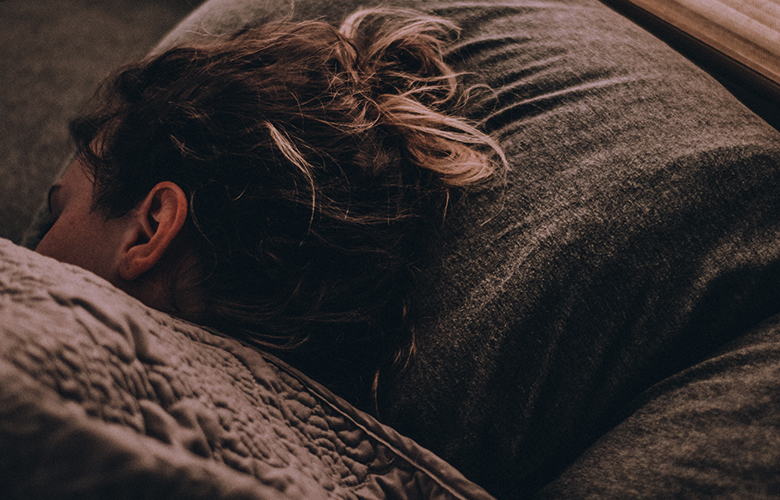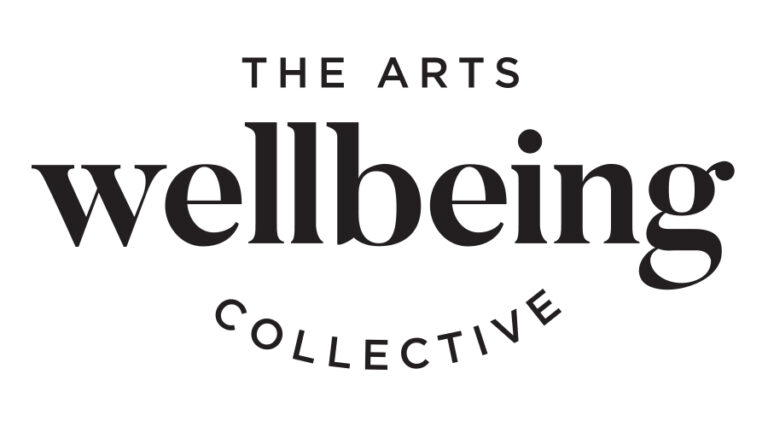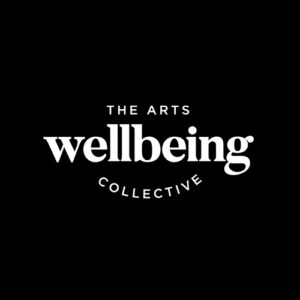
Late nights, early mornings, jet lag and long hours can impact your sleep patterns. Have a look through these strategies and pick one or two to work on – you don’t need to implement them all at once! Your goal is to set up conditions that are conducive to sleep: being sleepy and being relaxed.
Sleep is essential for your health. It refreshes the mind and repairs the body. When you’re functioning well, your body will give you the type and amount of sleep that’s needed all by itself.
While there is no ‘one size fits all’, some large scale studies recommend seven to nine hours being optimal. A small minority of people need only five hours of sleep each night, while others require up to 10 hours. Good sleepers take less than 30 minutes to fall asleep and will wake up once or twice during the night. We all have nights where it takes a long time to fall asleep, or we’re wakeful overnight. This is often triggered by stress, and will usually pass after a night or two. The body is designed to tolerate short term sleep loss.
If you do have a sleepless night, research shows that we only need to catch up one- third of the sleep lost. So, if you sleep for two hours on one night and you normally get six hours, the next night you will only need to get one extra hour to catch up.
Try to aim for a longer sleep after a poor or short night, but don’t feel you have to recover every lost minute of sleep.
Insomnia is the most common sleep disorder, defined as regular and chronic difficulty falling asleep or returning to sleep following night-time awakening, with significant consequences for daytime functioning and/ or mood. The good news is that insomnia and poor sleep usually respond well to treatment. If you are worried about your sleep, speak to your GP.
If you’re considering sleeping pills, speak with your GP and ask for advice before using any medication.
Managing fatigue – mindset is key. Reassure yourself that a night of short sleep here and there is OK.
Going On Tour? Tips For Your Mental Health
Winding Down Post Show: Cast & Crew



The Arts Wellbeing Collective is an Arts Centre Melbourne initiative that comprises a consortium of arts and cultural organisations whose shared vision is to effect better mental health and wellbeing for performing arts workers. Our objectives are to: - Improve support services for performing arts workers - Collate and share information - Effect industry cultural change - Improve support networks within and between arts organisations. Our guiding principles are: - Prevention focused, promoting positive mental health and wellbeing, and raising awareness of mental health, mental health problems and the value of early intervention. - Working in partnership, ensuring a variety of partnerships state-wide and across the industry – collaboration is core to the Arts Wellbeing Collective and vital to success. - Creating systems level change, through seeking to understand and address systems, cultures and traditions that contribute to poor mental health and wellbeing in the performing arts. - Long-term thinking, prioritising resources and initiatives that have capacity for long-lasting impact, scalability and transferability. - Knowledge creation and dissemination, working with experts and industry leaders to find, share, create and translate the best available information, tailored for creative contexts. - Encouraging innovation, Arts Centre Melbourne is always learning – we do not have all the answers. We will test, trial, evaluate, and share useful findings with energy and authenticity, and continue to be rigorously planned, strategically responsive and thoughtfully adaptable.
Read Full Profile© 2021 TheatreArtLife. All rights reserved.

Thank you so much for reading, but you have now reached your free article limit for this month.
Our contributors are currently writing more articles for you to enjoy.
To keep reading, all you have to do is become a subscriber and then you can read unlimited articles anytime.
Your investment will help us continue to ignite connections across the globe in live entertainment and build this community for industry professionals.